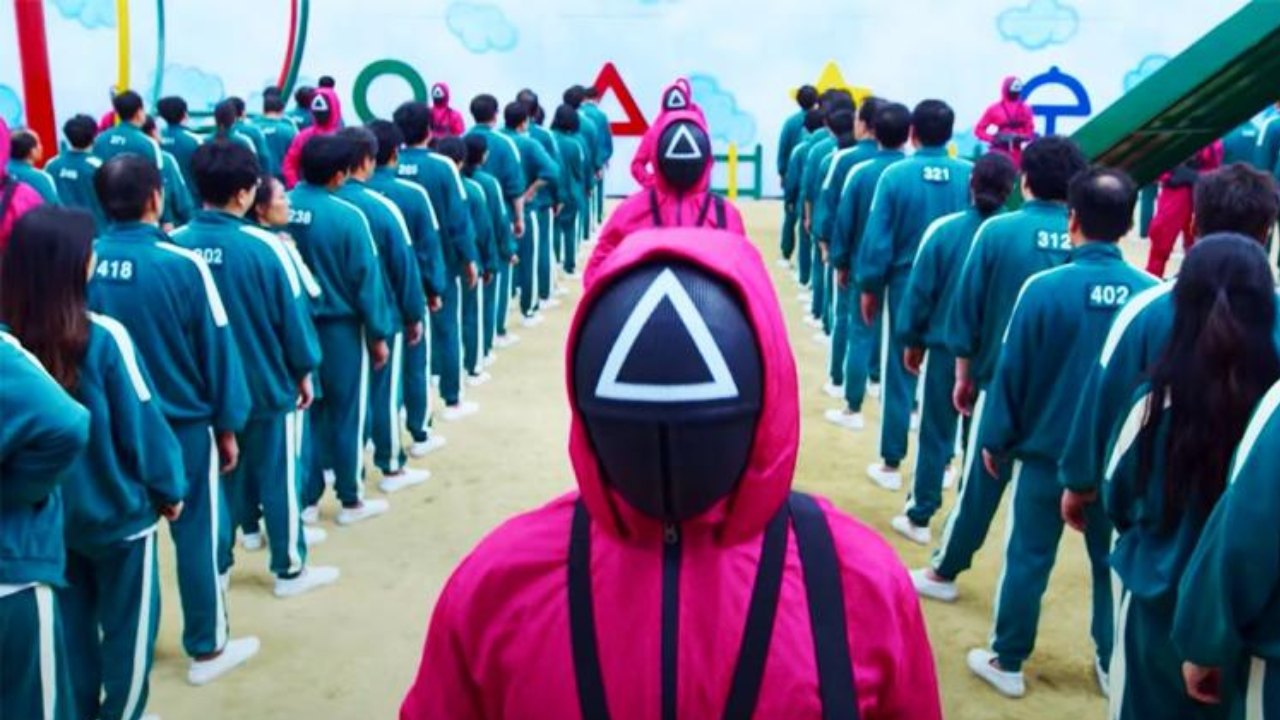With the high-strung, edge-of-the-seat TV drama taking a sudden detour into reality, the viewers get challenge of a “perspective shift”.
That’s precisely what happened when the creators of Squid Game made the audacious move to turn the series into a reality show. But, ah, the plot twist doesn’t end there. The decision was met with a tidal wave of recoil and retaliation, as critics voiced concerns about potential medical issues arising from the intense challenges. This uproar forced the makers to shift gears, opting for a reality series format instead of a direct sequel.
In the “dystopian” (as famously as Squid Game is getting termed as in the recent heads up) labyrinth that is Squid Game, reality blurs with a nightmare, painting a gruff canvas where survival comes at an exorbitant cost. The transition to a reality series only amplifies this eerie atmosphere, thrusting real people into challenges that reverberate the show’s make-believe prototype.
A mind-boggling $4.56 million in prizes wilting before the eyes of 456 participants brave enough to enter the game. The challenges mirror those from the original Squid Game, with numerous expulsions unfolding simultaneously. It’s a muddled phenomenon, to say the least.
What keeps fans snagged, eagerly awaiting the next installment in December, is the sheer unpredictability of it all. Unlike your typical reality show where a clear hierarchy reigns, this one throws that rulebook out the window. No one seems to pull the strings, making the whole affair appear unscripted and refreshingly unbiased toward any participant. One moment, you’re convinced a contestant is headed for the finals, and the next, they’re shockingly eliminated.
The transition from scripted fiction to the unpredictability of reality gives Squid Game: The Challenge a unique edge. Sure, there’s the prize at stake, but what truly sets it apart is the genuine uncertainty that keeps viewers on the edge of their seats.
However, this real-life adaptation faces choppy waters. Critics argue that The Challenge missed the mark, creating a show seemingly disconnected from the original’s critique of death games. It’s akin to expecting a biting commentary and stumbling upon a contest replicating intense challenges without the grim consequences and social criticism.
The show’s allure hinges on its link to the wildly successful original series. While some defend The Challenge as lighthearted fun, downplaying criticism, it struggles to address the darker undertones. Navigating between homage and replication, only time will reveal if Squid Game: The Challenge can maintain its grip on audiences without losing the essence that propelled its predecessor to global sensation status.

